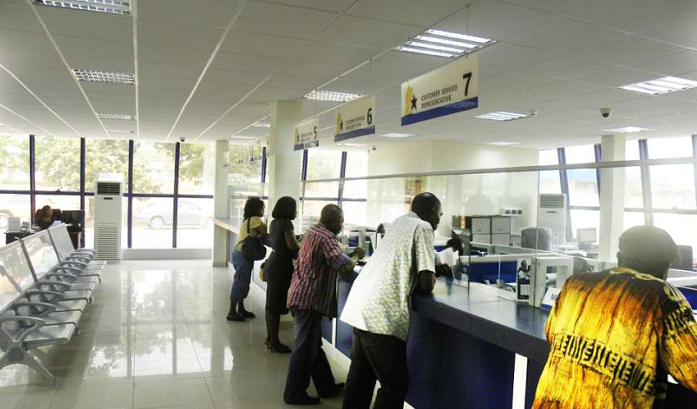
New minimum capital would make banks robust
The much anticipated announcement of a new minimum capital requirement for universal banks in the country has finally been made. The Bank of Ghana (BoG) has pegged the new minimum capital at GH¢400 million, up from the current GH¢120 million.
The banks have up to December 2018 to raise their capital to strengthen their books to support economic growth and cover the risks associated with their operations.
The increase, which is almost a 240 per cent adjustment in reserves, is the biggest so far in the history of banking in the country and banks that do not meet the requirement by the stipulated deadline are expected to be sanctioned.
The Daily Graphic backs the move by the central bank, taking a decision on this long-standing issue which has created uncertainty in the banking industry for many months.
We are picking information from the ground that some banks are pleading with the industry regulator to reduce the figure, but we do not support that call and urge the BoG to firmly stand its ground on the minimum capital.
Some years ago, neighbouring Nigeria had so many banks because the opening of banks became more of an avenue to show one’s wealth than to undertake the kind of responsibilities required of banks. After the then Governor of the Bank of Nigeria raised the minimum capital, the banks were forced to consolidate. Today, Nigeria’s banking sector is said to be one of the strongest on the continent, with a few entering the European and Asian markets to compete with other giants in the industry.
{loadmodule mod_banners,Nativead1}
At the last count, we had about 34 banks, with a few more yet to be fully licensed to operate. The ones in the pipeline are those that metamorphosed from microfinance to savings and loans companies and now want to become universal banks.
It is our belief that the sector should be stronger financially to not only undertake big ticket projects but also better protect the interest of depositors. The era when we saw banking as an ordinary business to show one’s wealth in society is over and we must be serious, as a country, by having a well-capitalised banking sector.
Already, two banks, Capital and UT, are casualties of a takeover by GCB Bank, due largely to capital deficiency.
Banks in Ghana continue to benefit from strong and stable deposit inflows, with deposits making up 73 per cent of total liabilities.
It is imperative to note that the sector maintains good liquidity buffers, primarily in local currency, which include 25 per cent of total assets held in cash and with banks and 24 per cent of total assets held in investments, mainly government bonds.
With this new capital requirement, we expect the single ownership of banks to be broken to pave way for a more robust sector through mergers and acquisitions.
